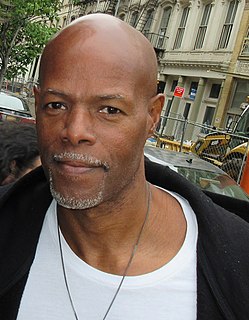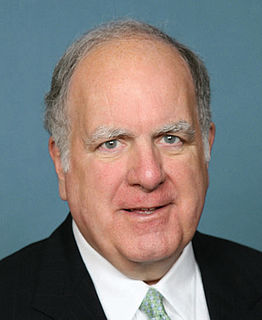A Quote by Brit Marling
Sometimes big budget means explosions! CGI! CGI, the possibilities are so limitless that it begins to be impractical. I'm more interested in the kinds of movies where the science fiction world has a set series of rules and you operate in it because of, maybe, constraints in the budget.
Related Quotes
Our ethos for 'Now You See Me 2' was that everything in the movie at least had the potential to be done in real life, and I'd say over 90% of it was actually done in-camera with no CGI. Of course, movies like this are always going to be bound by the rules of Hollywood, being there's going to be enhancements of CGI.
Science fiction is a weird category, because it's the only area of fiction I can think of where the story is not of primary importance. Science fiction tends to be more about the science, or the invention of the fantasy world, or the political allegory. When I left science fiction, I said "They're more interested in planets, and I'm interested in people."
We see films all the time, whether they have access to all kinds of intellectual property or artifacts, and the one thing that they don't get is story. So I think whether you're talking about a biopic or an action film or a science-fiction film that has all the CGI in the world, if you're not trying to connect with an audience, it doesn't really matter.
But one of the rules I don't like to break is we still do - 95% of our movies are low budget. We're offered bigger, larger budget movies to produce a lot, and we don't do them. That's not to say there aren't exceptions, there are a few exceptions, but I try and stick by the rules that produce what I think is the highest quality, most innovative work and try and let the rules go that make us feel like we're retreading.



































